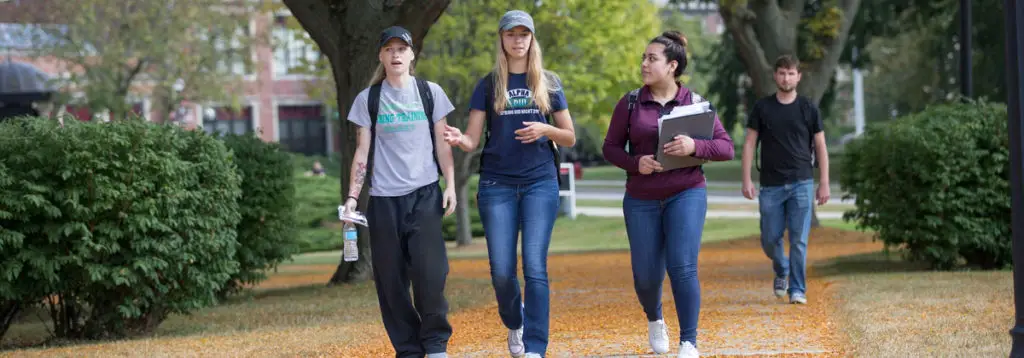Most of the borrowers who opt for income-based repayment plans and participate in financial education programs prosper after college, a new University of Illinois study has found.
Min Zhan, the social work professor, and graduate student Gaurav Sinha analyzed data of 1,924 young adults ages 24-35 out of whom 59 percent had federal student loans, 11 percent had private loans and the remaining 30 percent of borrowers had combinations of both types of loans.
The study explored factors like house ownership, saving for retirement and owning investments or securities that helped those with student loans build their personal wealth after college.
Researchers found that students who participated in financial education programs were most likely to own a house, 1.5 times likely to own employer-sponsored retirement accounts and other types of investment accounts.
The study published recently in the journal Social Development Issues found that income-based repayment plans helped people with student loan debt save for retirement and investment.
“Whether the financial education programs were general information offered by their employers or loan-specific seminars offered by their colleges, participating in these programs increased young adults’ likelihood of saving for retirement, investing and owning a home,” Zhan said.
“These programs may help young adults make informed decisions about financial matters, which, in turn, boosts their wealth-building.”
Women and those who lacked health insurance were less likely to have retirement and investment accounts, and fewer of them were homeowners than their male peers.
Morehouse College Launches Ambitious Program to Wipe Out Student Debt

